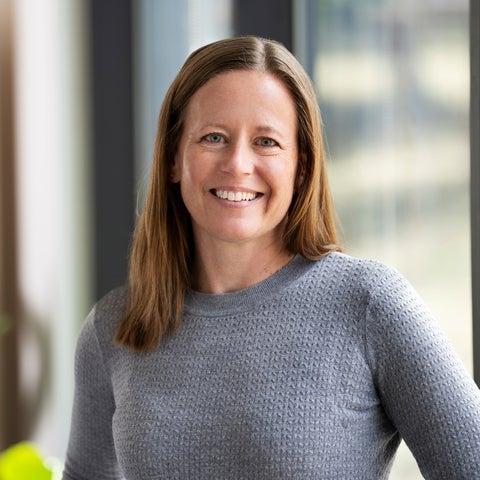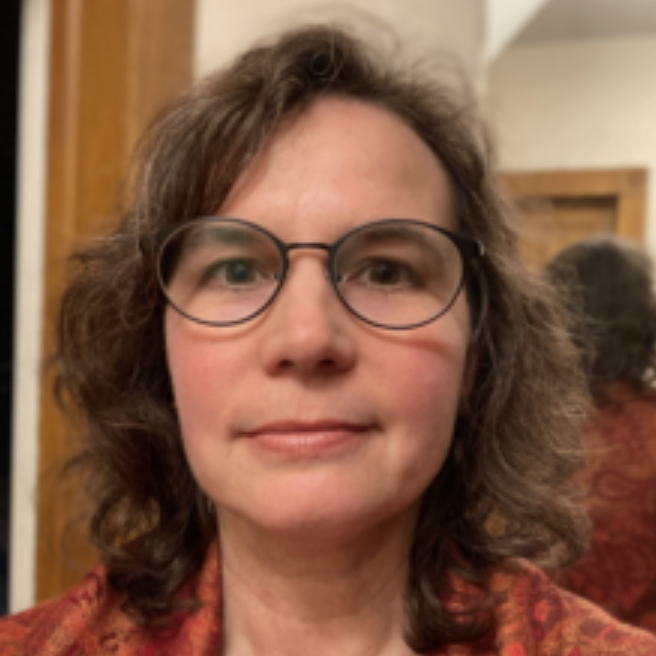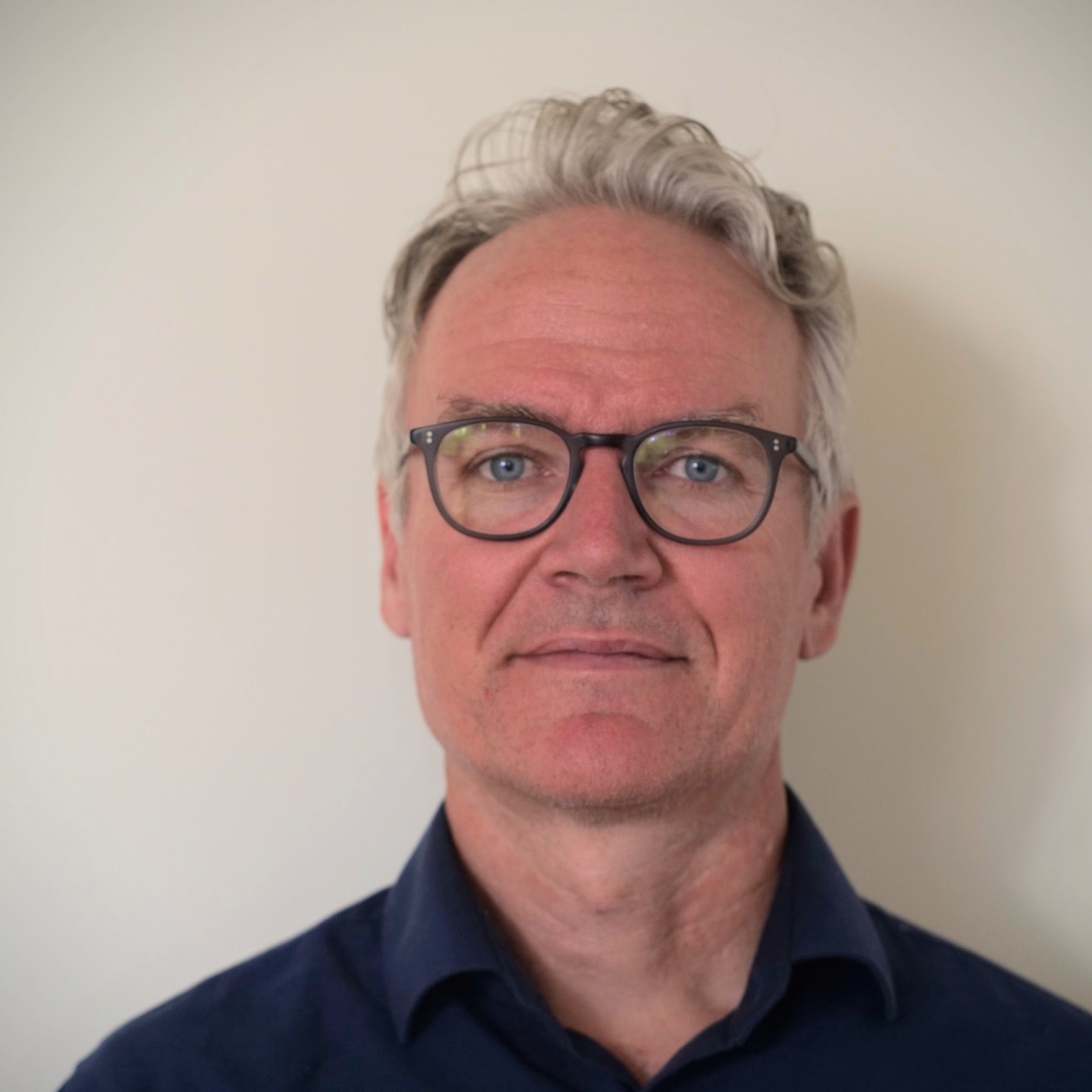Canada is a highly urbanized country where both intensification and greenfield residential development often reduce green infrastructure (GI). While cities are setting ambitious climate mitigation goals, they are concurrently losing GI’s contributions towards these goals. Novel green development standards create some developer incentives to provide GI, but on the whole, as GI on private lands creates public benefits but is financed by private costs, developer GI provision is too low. Further, cities lack complete and cost-feasible information on how greenhouse gas (GHG) profiles of developments evolve temporally. Our proposed research, led by a team of internationally recognized experts in modelling coupled socio-ecological systems, will:
- employ novel scientific methods to quantify urban terrestrial and wetland-based carbon stocks, sequestration and GHG emissions;
- develop a simple, dynamic carbon and GHG scorecard that will complement existing green building standards by tracking the state and trajectory of residential developments; and
- test the scorecard’s potential to induce developer behavioral change by incentivizing GI investments through social norms and status-seeking behaviour.
We must engage all sectors of society and industry to prevent dangerous climate change impacts. Housing affordability is in a crisis but, at the same time, the housing sector is a large contributor to climate change and biodiversity loss. As a society, we should not solve the housing crisis by amplifying the climate and biodiversity crises. We can and must do better. Together with our cross-sector partners, we are finding innovative solutions to these problems.
Waterloo Climate Institute member contributions
Michael Drescher is the principal investigator of RISE with Bruce McVicar, Dawn Parker, Rebecca Rooney, Maria Strack and Derek Robinson acting as co-investigators. Of these researchers, Michael Drescher, Maria Strack and Derek Robinson are members of the Climate Institute and part of a wider team spearheading this important work thanks to Environment and Climate Change Canada's Climate Action and Awareness Fund (CAAF). This project was undertaken with the financial support of the Government of Canada, and with contributions from the Waterloo Climate Institute, Water Institute and the Waterloo Institute for Complexity and Innovation.



UWaterloo co-investigators

Dawn Parker is a full professor in the University of Waterloo School of Planning. Her research focuses on the development of fine-scale models that link the drivers of land-use change and their socioeconomic and ecological impacts. Her most recent work focuses on residential landscapes, examining interactions between land markets, landscaping, and carbon sequestration in ex-urban landscapes, and modelling the co-evolution of urban transit networks and residential neighbourhoods via land and housing markets. Her areas of technical expertise include agent-based modelling, land-use and property market modelling, and environmental and resource economics. Dawn Parker has been involved in the development of the Waterloo Institute for Complexity and Innovation, serving previously as Associate Director and Director, and most recently leading efforts to develop a Canadian Network for Complex Systems.

Rebecca Rooney is an associate professor in the University of Waterloo Department of Biology. She carries out research in wetland ecology and is a world expert on biomonitoring and wetland assessment. She examines how human-caused and natural ecological disturbances influence wetland communities, including birds, invertebrates and plants. She tackles fundamental questions around how communities assemble and what defines them, including the relative importance of biological interactions, environmental conditions, and landscape factors. She is keenly interested in the role of rare species and novelty in ecological processes. Her research supports the implementation of wetland policy, invasive species management, and the protection of species at risk. Her results improve the design of restored and reclaimed wetlands, provide tools for evaluating their integrity, and identifies the most successful techniques for invasive species control.

Bruce MacVicar is an associate professor in the University of Waterloo Department of Civil and Environmental Engineering. He leads the River Hydraulics Research Group. His research interests lie in the fundamentals of river hydrodynamics, the transport of wood and sediment, and the impacts of urbanisation and climate change on river networks. His research group uses field measurements, physical experiments and computer simulations to understand how small-scale interactions between surface runoff, sediment, wood, and flowing water lead to the emergent properties of rivers such as meanders and riffle-pools that are important for stability and habitat. He ultimately aims to improve engineering designs, protect and restore critical habitats in rivers and floodplains, and preserve the integrity of these complex systems.
Supporters
- Halton Environmental Network
- Credit Valley Conservation
- Reep Green Solutions
Partners
- City of Barrie
- City of Kitchener
- City of London
- City of Toronto
- Federation of Canadian Municipalities
- Municipal Natural Assets Initiative
- Matrix Solutions Inc
- Building Industry and Land Development Association
- Ontario Home Builders Association
- Ontario Association of Landscape Architects
- Ontario Professional Planners Institute
- Sifton Properties Limited